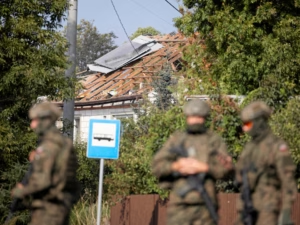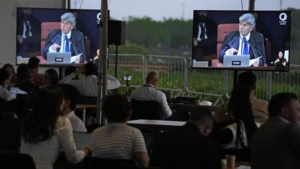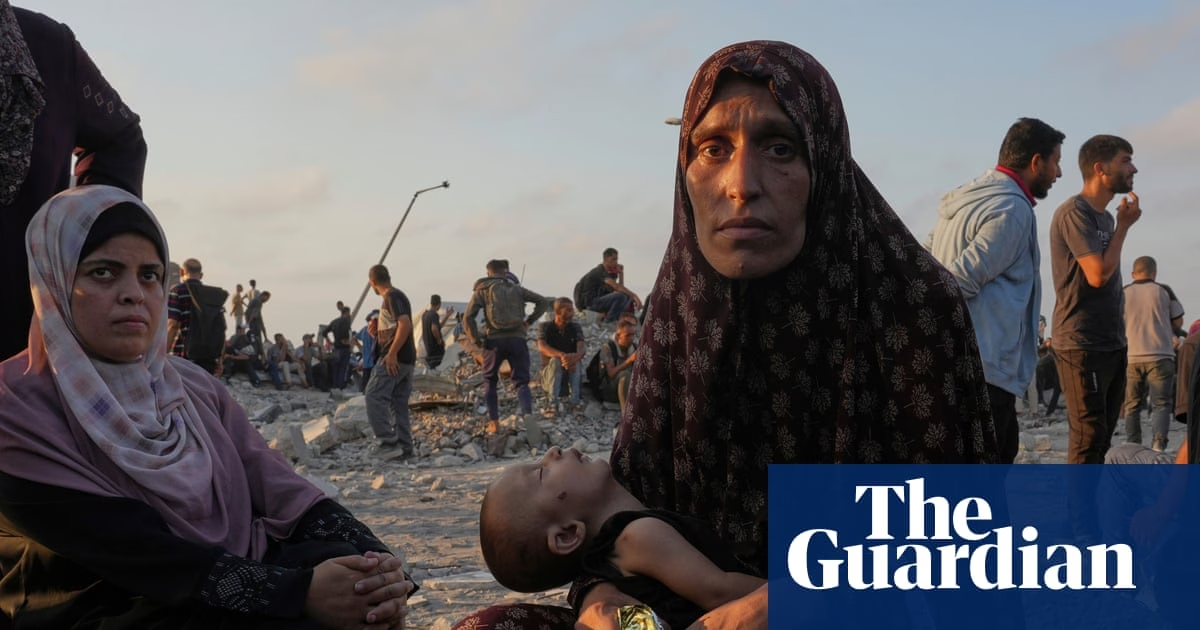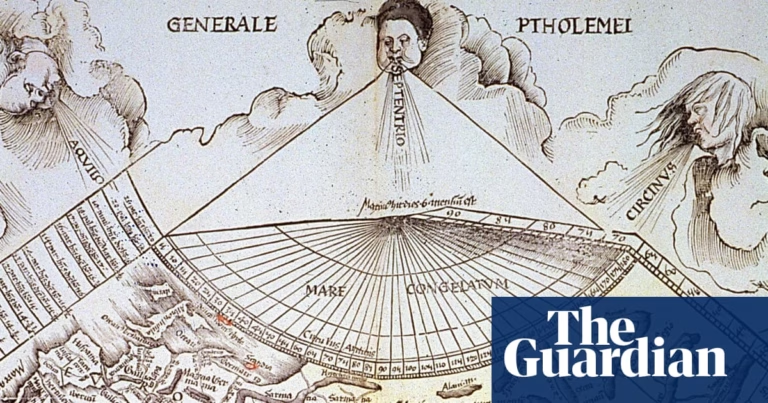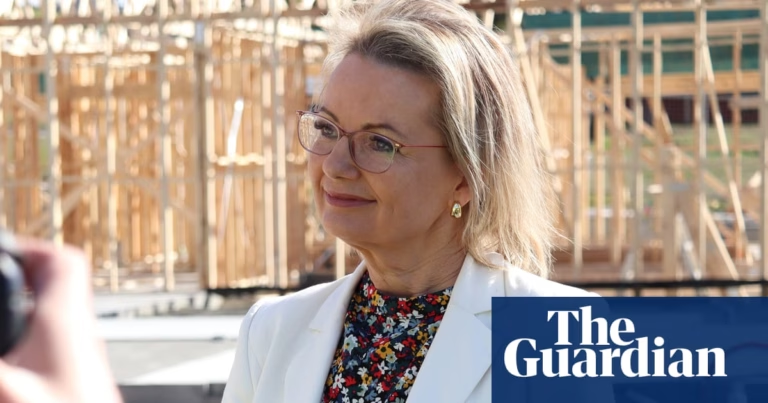As Palestinians in Gaza face increasing mortality due to starvation and the number of experts, aid officials, and politicians labeling Israel’s actions as genocide continues to rise, the International Court of Justice (ICJ) is taking a slow approach to providing a definitive ruling on the matter. Experts predict that such a judgment is not likely before the end of 2027, warning against using the court’s slowness as an excuse for inaction to stop the violence.
Israel has recently been granted a six-month extension to present its defense against the genocide charge brought by South Africa, arguing that the initial nine-month allotted time was insufficient due to “evidentiary issues” raised by South Africa. Despite South Africa’s counterarguments that this delay is unjustifiable given the humanitarian crisis in Gaza, the court has ruled in favor of Israel, giving it until January to submit its case.
The ICJ is well-known for its deliberate pace, prioritizing caution over speed in its role as the ultimate arbiter between nations. After Israel presents its defense, both sides will typically have the opportunity to present counterarguments, potentially extending the process into 2028 due to possible interventions by other countries.
Despite its slow pace, the ICJ has taken steps to address the urgent nature of the situation in Gaza by issuing provisional measures, ordering Israel to take action to prevent genocide and allow humanitarian aid into the region. However, these orders have been largely ignored by Israel, which has also faced criticism and pressure from figures like Donald Trump, who has accused South Africa of engaging in “unjust racial discrimination.”
In addition to the ICJ’s sluggish process, the high standard of proof required to establish genocide poses a significant challenge. While the 1948 Genocide Convention defines genocide as the intentional destruction of a national, ethnic, or religious group, the ICJ demands “fully conclusive” evidence of genocide intent, without other competing motives.
Legal scholars argue that even under the current stringent criteria, Israel’s actions in Gaza could be considered genocide. However, there is a growing concern that the fixation on achieving a genocide verdict could delay necessary international action to address the immediate crisis in Gaza. This concern stems from the belief that waiting for a genocide declaration could imply that actions falling short of this legal definition are permissible, thus causing a delay in the international community’s response to the situation.
Source: https://www.theguardian.com/law/2025/jul/27/why-the-icj-is-delaying-a-gaza-genocide-verdict
